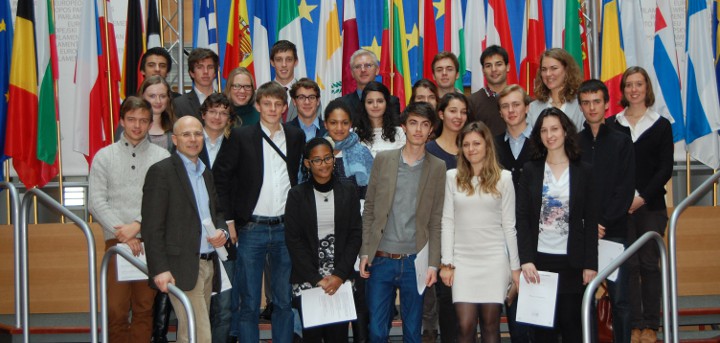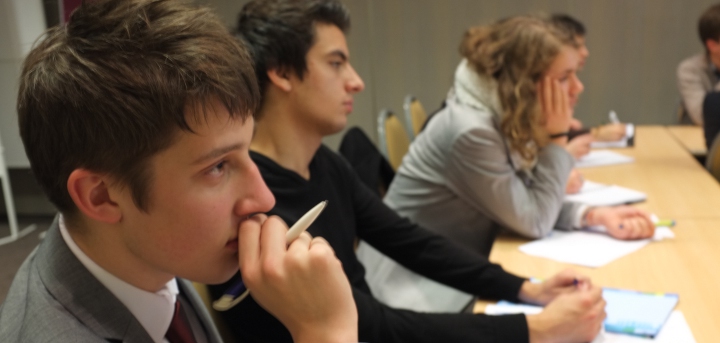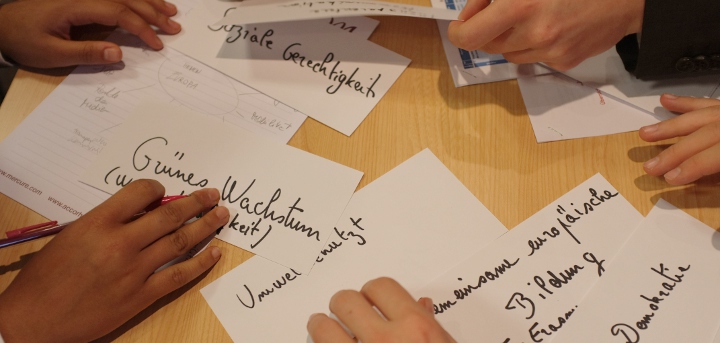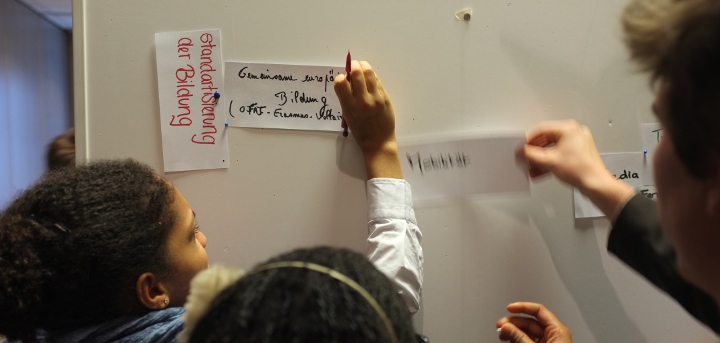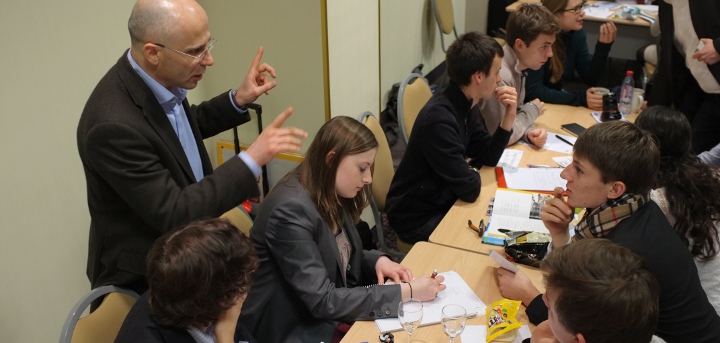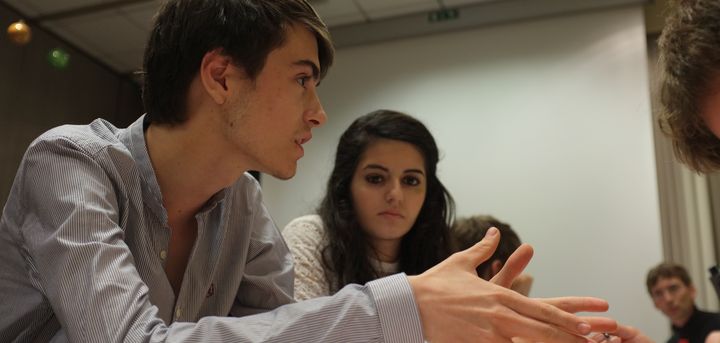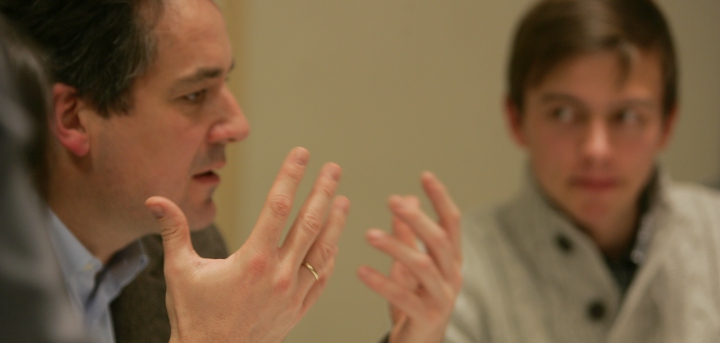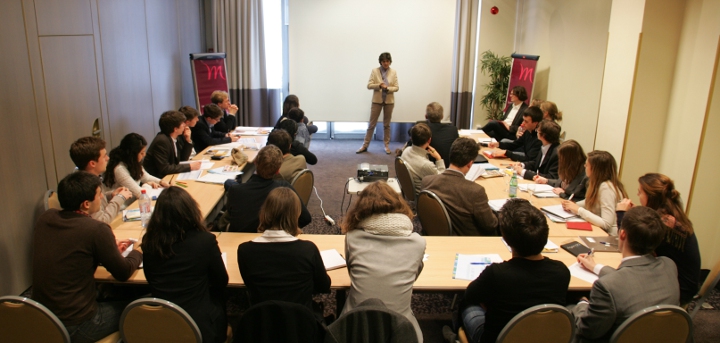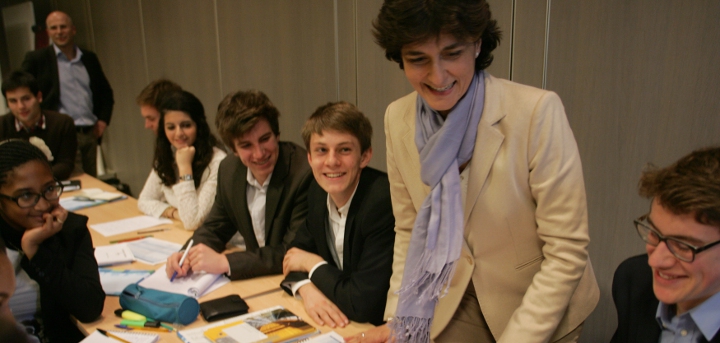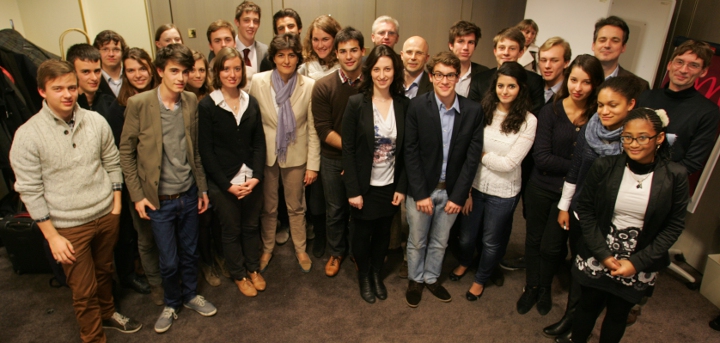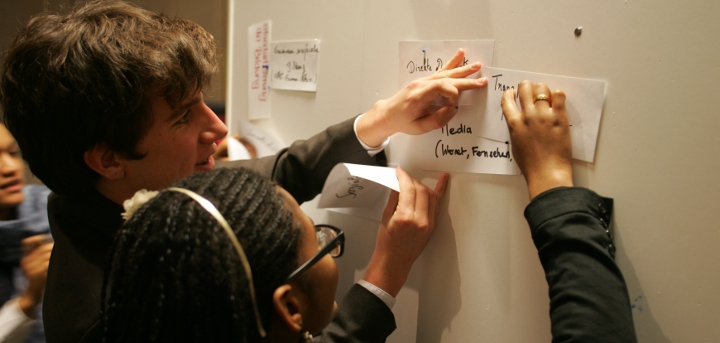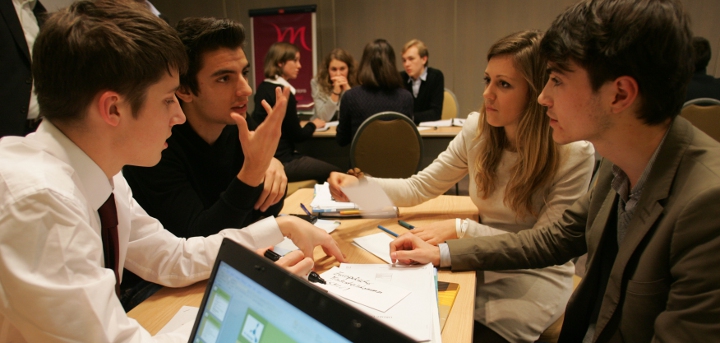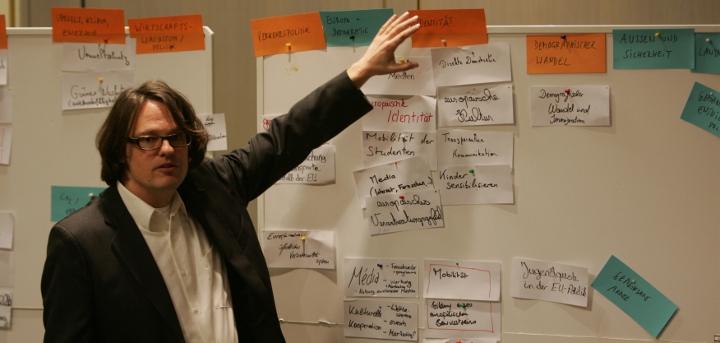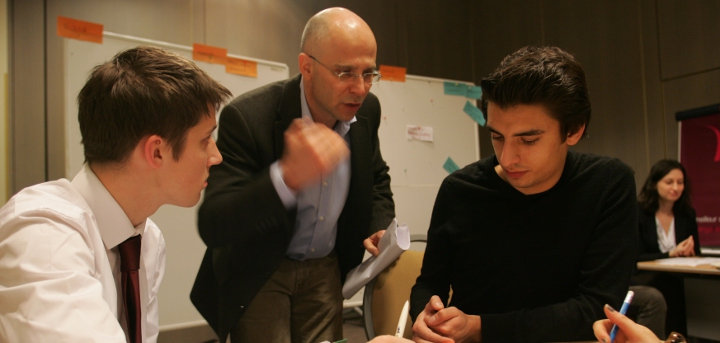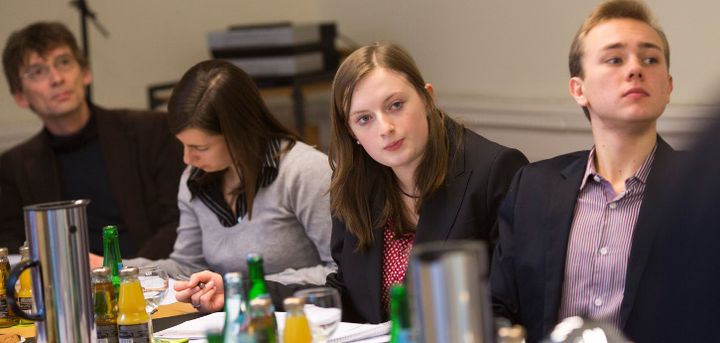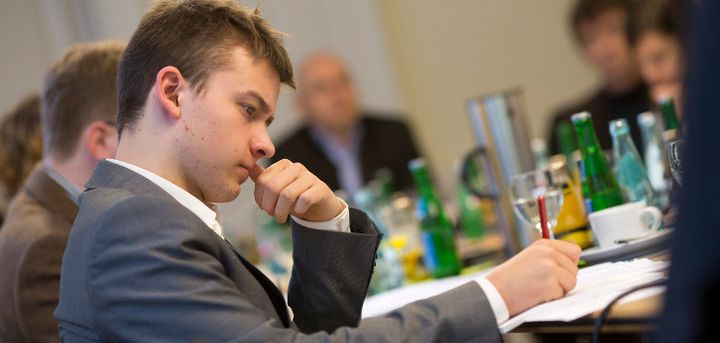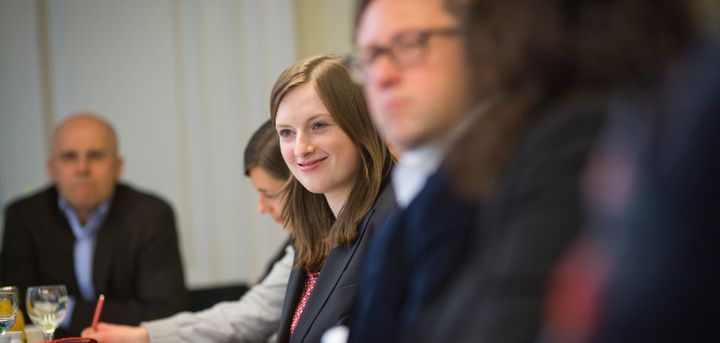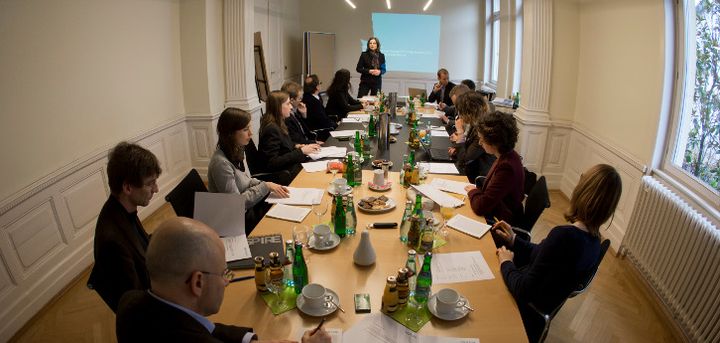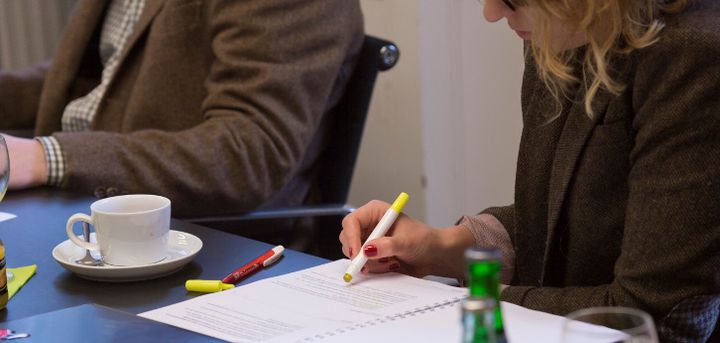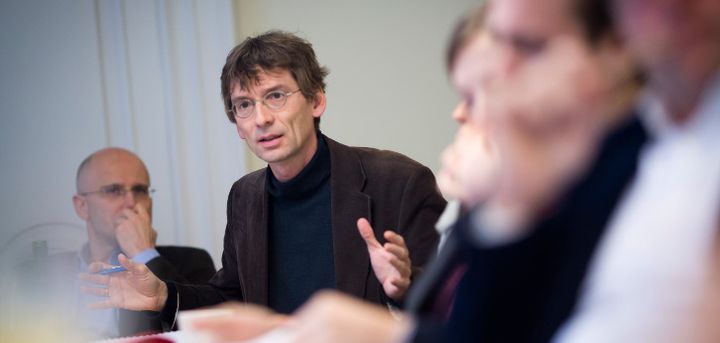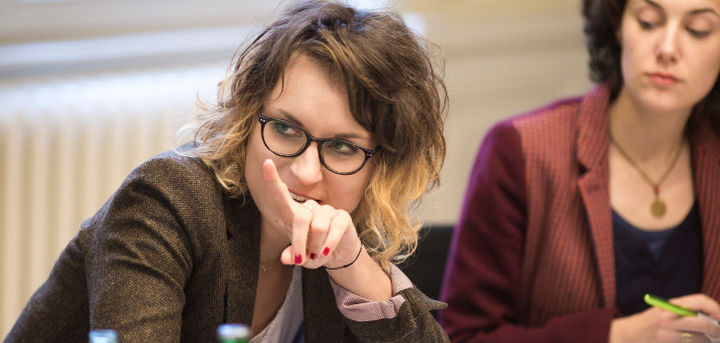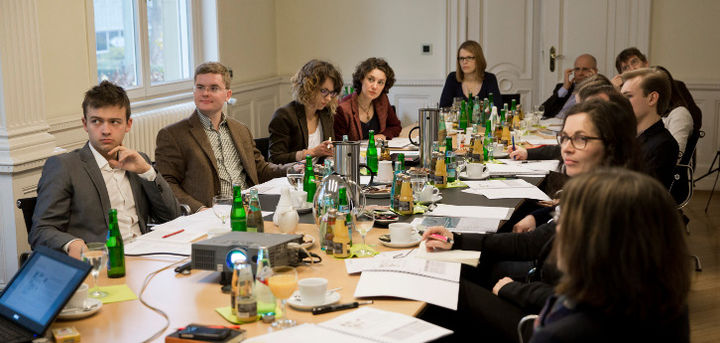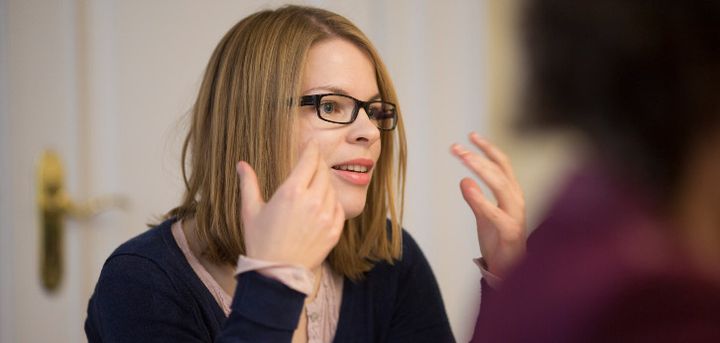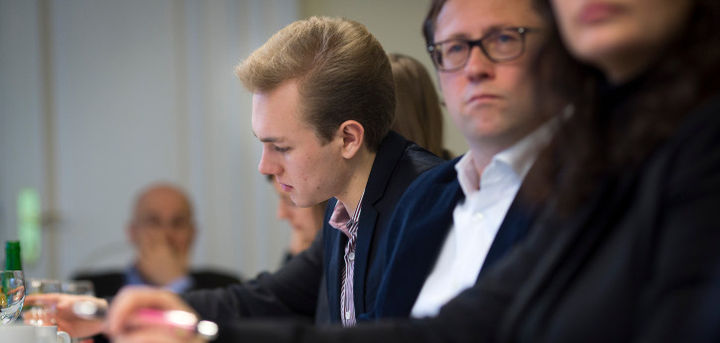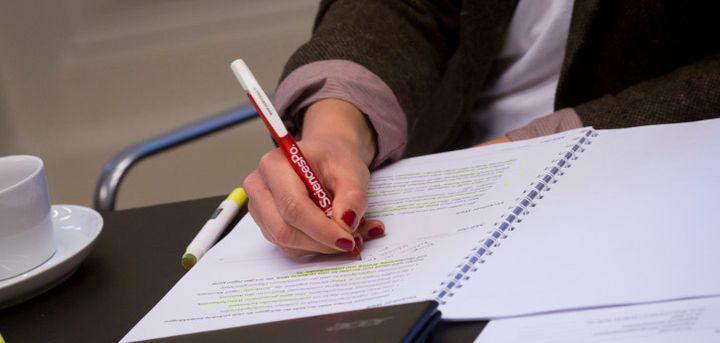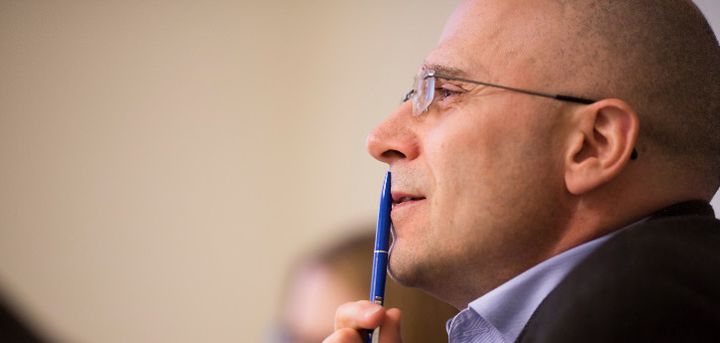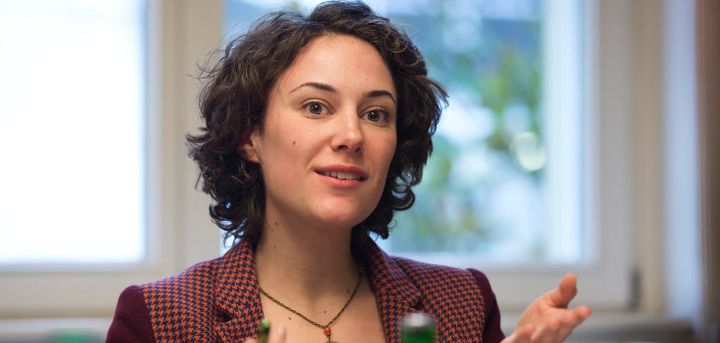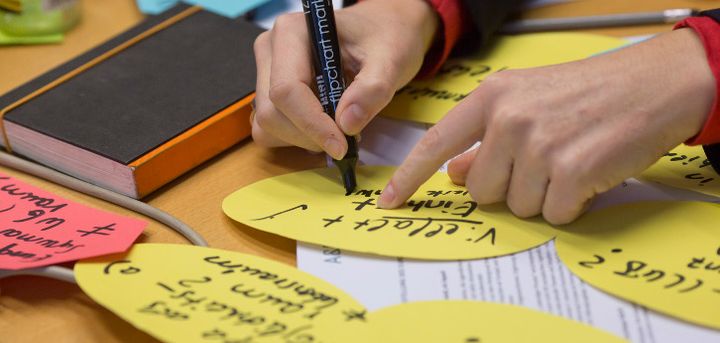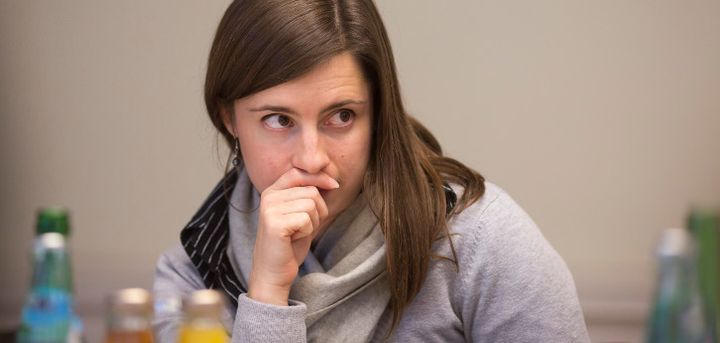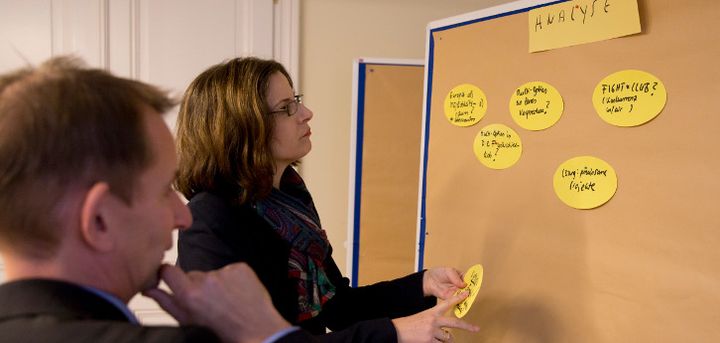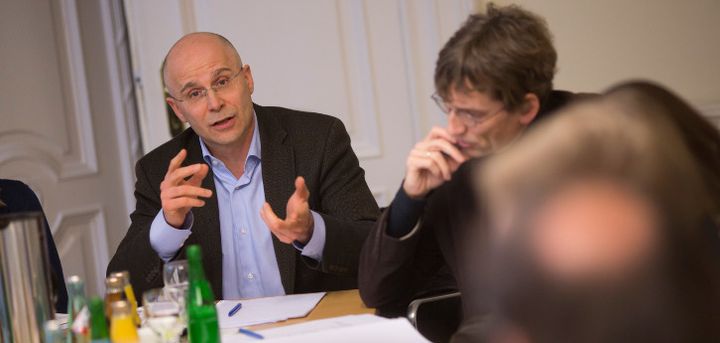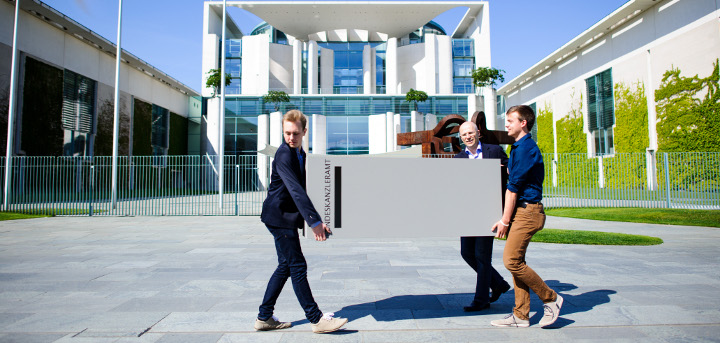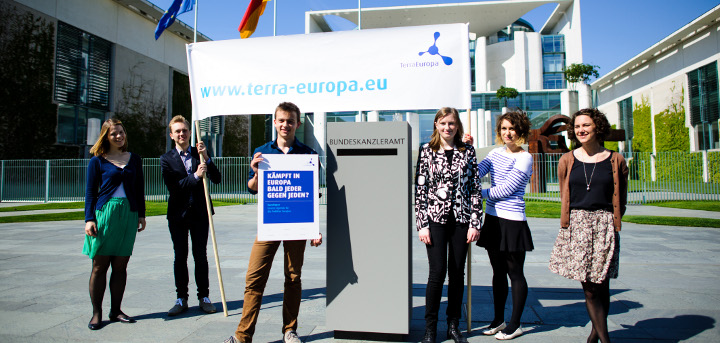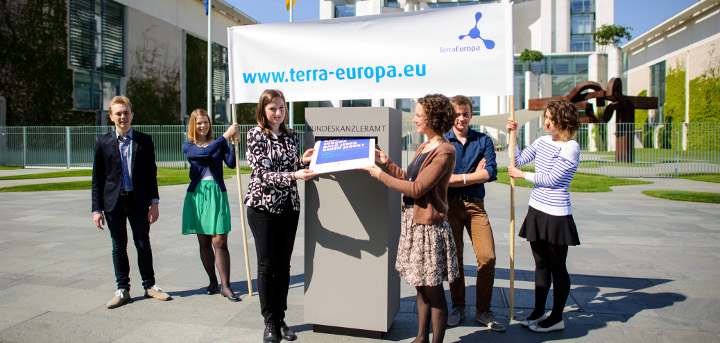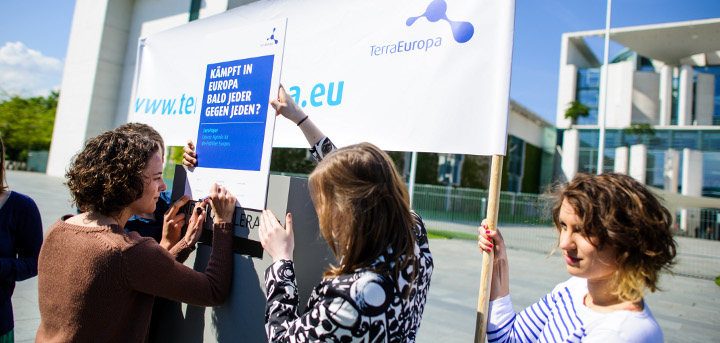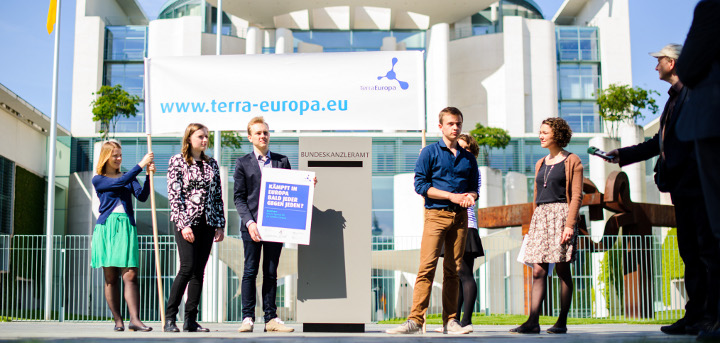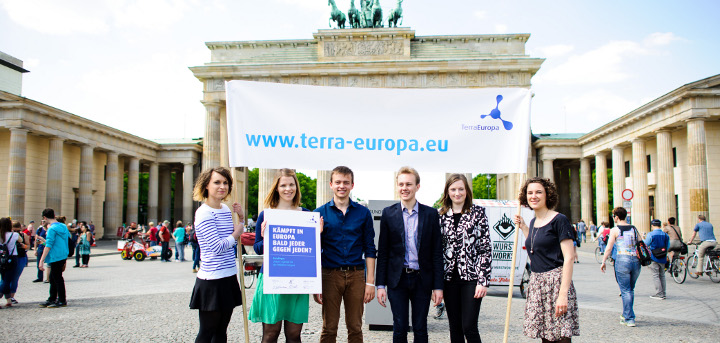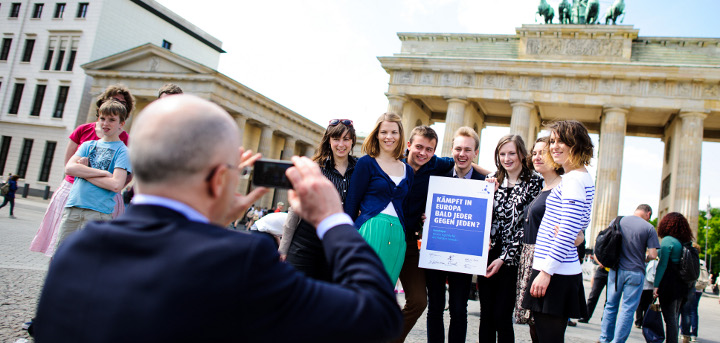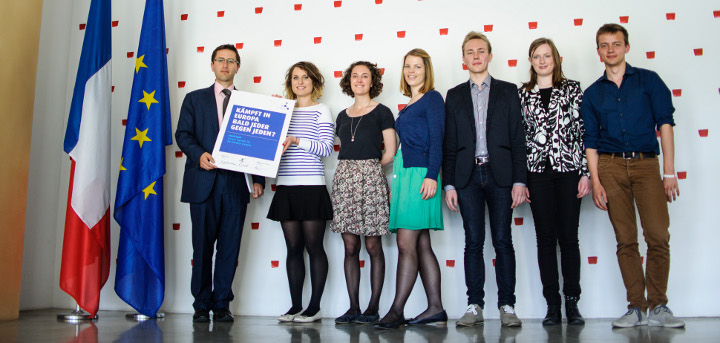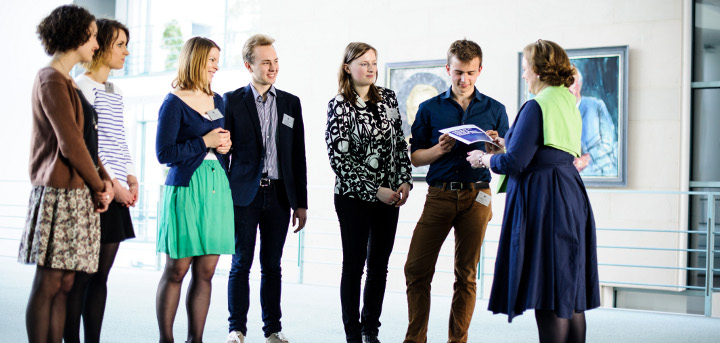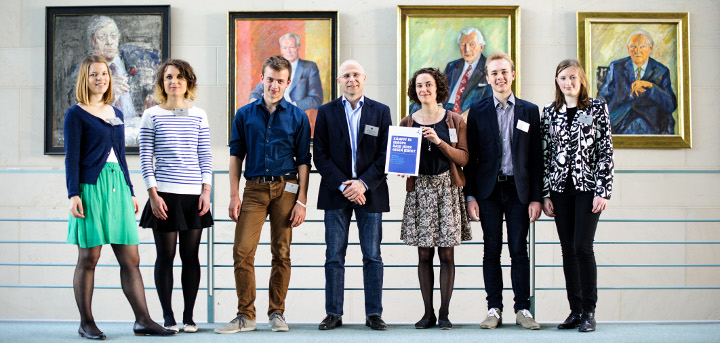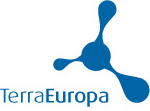 Terra Europe
Terra Europe
The four phases
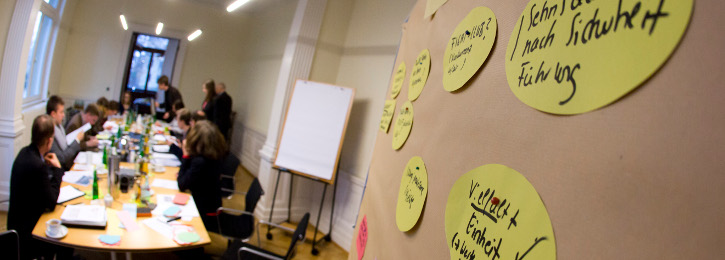
Where is Europe heading? Which vision does the community of states have? And what does the younger European generation hope for from this alliance? TerraEuropa would like to understand precisely what the young adults expect of the European Union. Therefore the project addresses students who are particularly Europe oriented.
By means of a multi-tiered process they should firstly define possible obstacles for the further development of the unification process and by means of discussing them, create stimuli for a unified Europe. Secondly, they should define European projects that they believe to be significant for the future of Europe. These projects will form a discussion base for a dialogue between both different countries and generations.
Phase 1: Gathering student expertise
Between November 2012 and April 2013, 21 students of the European Franco-German Campus Sciences Po in Nancy took part in the pilot phase. Through workshops this group specified eight European projects with around 70 precise activities in different fields such as environmental and energy policy, education policy, youth unemployment, immigration and integration. The students were supported in this by representatives from the areas of science, economics and politics who, in their role as experts, scrutinized their thoughts and ideas.
Phase 2: Acquiring the opinion of young Europeans
In the second phase, in May 2013, the opinion polling institute Ipsos utilized the project and action recommendations of the Sciences Po students to carry out an initial quantitative, representative survey of 2000 young French and German adults aged 18 to 29.
Following this, in the period from October to November 2013, 35 young adults from each country, in five focus groups, were qualitatively questioned with regards to their perception of Europe. From these results, and with the support of opinion poll research experts, a group of six students from Sciences Po and the Otto-Suhr-Institute of the Freie Universität Berlin were able to estimate what motivates or disturbs young adults from France or Germany with regards to European unification. Furthermore, through this process, similarities and differences between the countries could be established.
Phase 3: Communicate and Discuss
The third phase concentrates on the central issues of TerraEuropa – an exchange between young adults of different nationalities, between generations, and between such differing social fields as civil society, science, economy and politics. As a result, in June 2013, 15 students of the European Franco-German Campus were able to discuss the outcome of the Ipsos survey with three members of the European Parliament, Sylvie Goulard, Daniel Cohn-Bendit and Günter Gloser, at Schloss Genshagen.
MEETING BETWEEN THE STUDENTS OF SCIENCES PO AND POLITICIANS, 6. JUNE 2013 GENSHAGEN CASTLE (VIDEO IN FRENCH AND GERMAN)
The findings of this multi-tiered process allowed the students from France and Germany to assess how their generation feels towards Europe. By means of their results and their appeal – the EuroPaper – these young Europeans are sending an invitation to a dialogue between generations, with the hope of carrying the project and its consequent stimuli to other European countries.
Phase 4: No 'One size fits all' but respect of national sensitivities
TerraEuropa is an international project. In its pilot phase it was concentrated on France and Germany. Beginning in autumn 2014, TerraEuropa's network will expand by extending into one new country every year. Step by step the project will methodically integrate and process the perceptions of Europe and the expectations on the EU, with consideration given to the distinct characteristics of each land and with respect to the work done by former participants. In this way it is hoped that, in time, a European mosaic can be formed that represents the expectations, according to priority, of young Europeans of the European integration process.
